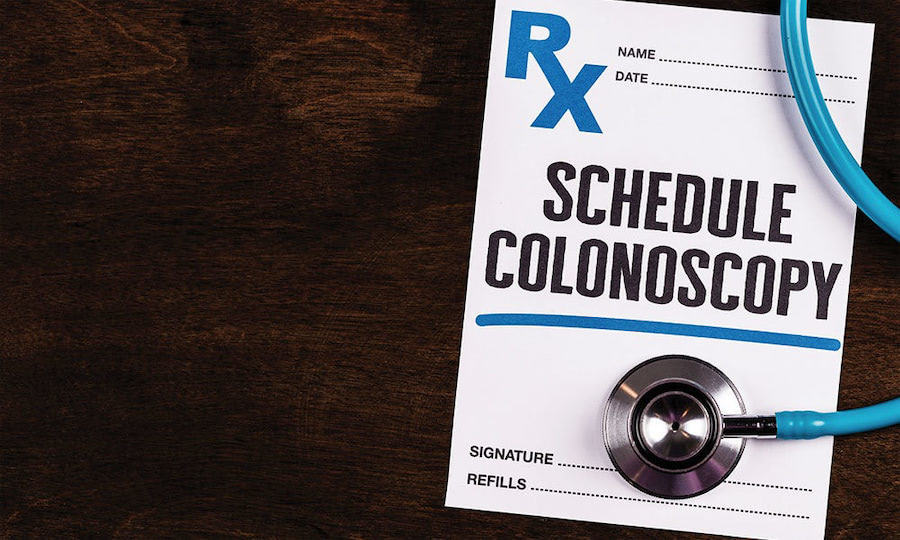
It's no secret that colonoscopies are one of the most important screenings that you can get. They can help to detect colon cancer and other diseases in their early stages, which can save your life. Not only are colonoscopies life-saving, but they are also relatively easy and painless procedures that can be completed in a matter of minutes.
What is a colonoscopy and why is it important?
A colonoscopy is a procedure that allows your doctor to see inside your colon and rectum. It is an important screening tool for colon cancer and can also be used to diagnose other diseases of the colon and rectum. There are several reasons why colonoscopies are so important:
- Colonoscopies can help to detect colon cancer in its early stages when it is most treatable.
- Colonoscopies can also be used to diagnose other diseases of the colon and rectum, such as polyps, hemorrhoids, and ulcers.
- Colonoscopies are relatively easy and painless procedures that can be completed in a matter of minutes.
- Colonoscopies are life-saving procedures that can help to save lives.
So why wait to get a colonoscopy? If you are 50 years or older or have a family history of colon cancer, it's important to schedule this life-saving screening. Talk to your doctor today about getting a colonoscopy and taking control of your colon health.
What are the symptoms of colon cancer?
Colon cancer can be difficult to detect in its early stages, as the symptoms are often mild and nonspecific. Symptoms of colon cancer may include:
- Bloating or gas
- Constipation
- Diarrhea
- Blood in the stool
- Unexplained weight loss
- Fatigue
If you are experiencing any of these symptoms, it's important to talk to your doctor. They may recommend a colonoscopy or other screening tests for colon cancer.
How can colon cancer be treated?
Colon cancer can be treated in a number of ways, depending on the stage of cancer. Treatment options may include surgery, chemotherapy, radiation therapy, and targeted therapy. In some cases, colon cancer may be treated with a combination of these treatments.
Surgery is often the primary treatment for colon cancer. This may involve removing the tumor and some surrounding tissue or even removing the entire colon. Chemotherapy and radiation therapy are also commonly used to treat colon cancer. These treatments can be used either before or after surgery, depending on the stage of cancer.
Targeted therapy is a newer type of treatment that uses drugs that attack specific genes or proteins that help fuel tumor growth. This type of therapy can be useful for treating colon cancers that have stopped responding to other treatments.
It's important to discuss all treatment options with your doctor, as well as any potential risks and side effects. Together, you can come up with a colon cancer treatment plan that is right for you.
How can you prepare for a colonoscopy?
A colonoscopy is a relatively easy and painless procedure that can be completed in a matter of minutes. However, there are a few things you can do to prepare for the colonoscopy and make the experience as smooth as possible.
First, you should avoid eating anything for 12 hours before the colonoscopy. This will help to ensure that your colon is empty and ready for inspection. You may also be asked to drink a colon-cleansing solution in preparation for the procedure.
You should also tell your doctor if you are taking any medications, as some medications may need to be stopped before the colonoscopy. If you are pregnant or have a medical condition, be sure to let your doctor know before the colonoscopy.
Finally, be sure to arrive at the colonoscopy appointment on time and with a full bladder. You will need to drink several glasses of water before the procedure so that your colon will be visible on the screen.
What to expect during and after a colonoscopy?
During a colonoscopy, a doctor will use a colonoscope to examine the colon and rectum for signs of disease or cancer. The colonoscope is a long, thin tube with a camera at the end, which allows the doctor to see inside the colon.
The colonoscopy is a relatively quick and easy procedure, and you will be able to go home shortly after it is completed. However, there may be some side effects after the colonoscopy. You may experience some cramping, bloating, or gas after the procedure. These symptoms should resolve within a few days.
If you experience any other symptoms after the colonoscopy, be sure to contact your doctor.
